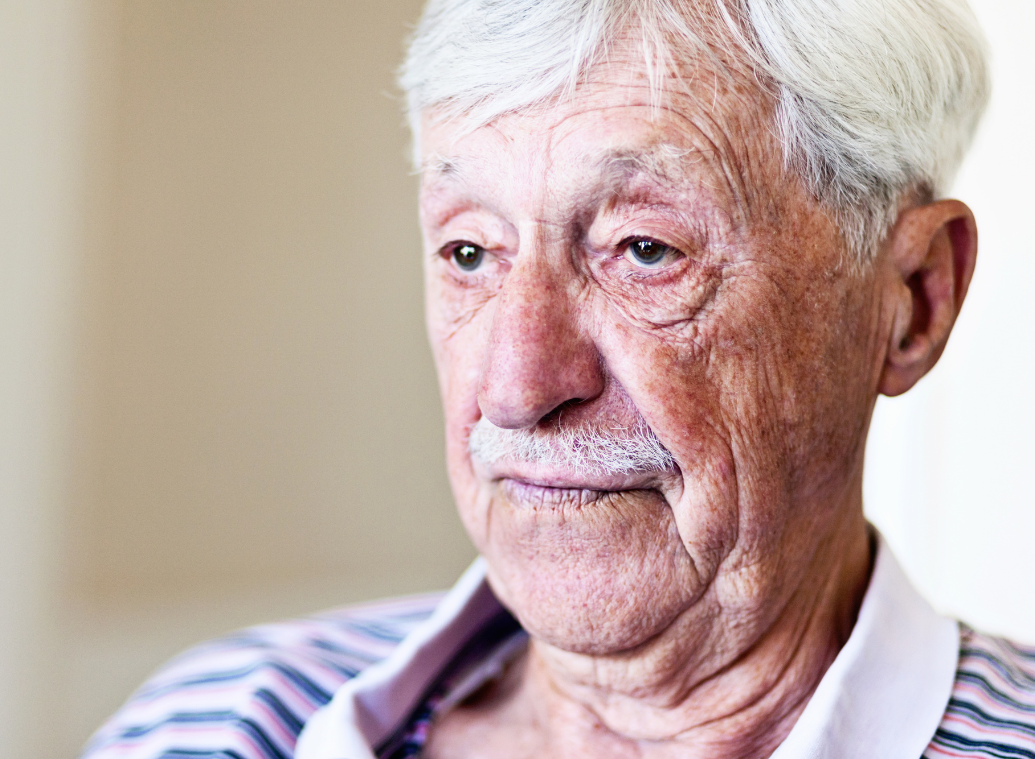Parkinson’s disease, a familiar but not well-known disease
Published 11 Apr 2018

Parkinson’s – the “illness of the old”? No. 17% of newly diagnosed are people under 65. Shaking - the only symptom? Far from it, and the symptoms vary greatly. Even if the condition is not rare, it is still a victim of stereotypes and stigma.
For Jean-Louis Dufloux who used to play tennis a lot, the illness began with “difficulties moving his right shoulder”. “Shaking is not one of the symptoms I had at the beginning”, he says at the press conference of the Brain and Spinal cord Institute on the World Parkinson’s Disease day. “It is possible to hide the symptoms for several years, but in the end they take over you”.
This 57-year-old man has written a book “Fifty one” to prove, with humour, that Parkinson’s is not “the illness of the old”. “Among the symptoms, there is clumsiness as well as sleep disorder: one sleeps little, wakes up very early, and can suffer with somnolence… One loses one’s sense of smell. There are moments of depression that start with no reason. The condition also provokes freezing of the facial expressions...this could help win a poker game!” - he adds, smiling.
Because patients’ troubles are often unknown. Their physical and psychological state can alter considerably during the day: for example, a patient who was walking just some minutes ago, suddently becomes paralyzed, not being able to stand up to go take a shower. Such situations provoke incomprehension and cause others to suspect simulation.
Parkinson’s disease is a neurodegenerative condition, and second most common affliction of this type after Alzheimer’s disease. In the course of its development, the risk of the dependence for the patients becomes higher, due to complications related to motor skills (difficulties moving, falls...) and cognitive complications which can go as far as dementia.
Early detection
“The illness begins way before the diagnosis”, underlines Prof Marie Vidailhet, a neurologist at the Paris hospital Pitié-Salpêtrière, and team manager at the Brain and Spinal cord Institute. “In every other case, the condition appears before the age of 58, which is still the age of the active life”, continues Prof Phillippe Damier, neurologist at Nantes University Hospital and vice-president of the scientific committee of Parkinson France. By 2030, an estimated number of 260,000 people will be treated for Parkinson’s disease in France, which represents an increase of 56% compared to 2015.
Parkinson’s disease is characterised by the degeneration of the dopaminergic neurons which produce dopamine. This neurotransmitter is essential for the control the body’s movements. Current treatments aim at the symptoms but they don’t cure the disease. Research has been carried out, even though its concrete application is still hypothetical and remote. Thus, according to a study published last year, stem cells of human origine helped to improve movement capacities in monkeys affected by a form of Parkinson’s disease. Another area of research is immunotherapy: stimulating the patient’s immune system can eliminate a protein which seems to play an important role in the disease, the alpha-synucleine.
The aim of the current research is to be able to detect the disease as soon as possible in order to slow down its development. Therefore the teams of the Brain and Spinal Cord Institute combine brain research, innovative medical imagery techniques and Big Data (computer analysis of a large number of data collected from the observation of patients with Parkinson’s disease). The ultimate objective is to be able to identify the disease factors, its pre-symptoms, and to predict its evolution.
-------------------------------------------------------------------
Today is World Parkinson’s Day. As a lot of people still don’t know what this condition really is, patients from all over the world have decided to let us into their lives for a brief moment and show us what it is like to have Parkinson’s. Here is their video:
On Parkinson’s UK website you can find out more about current research programmes, activities marking the World Parkinson’s disease day, as well as learn about how to get involved into fundraising, volunteering and campaigning for Parkinson’s disease: https://www.parkinsons.org.uk/
AFP

 Facebook
Facebook Twitter
Twitter




